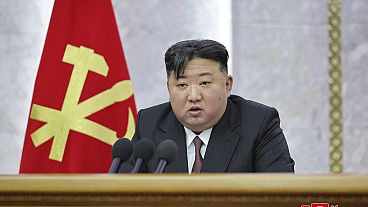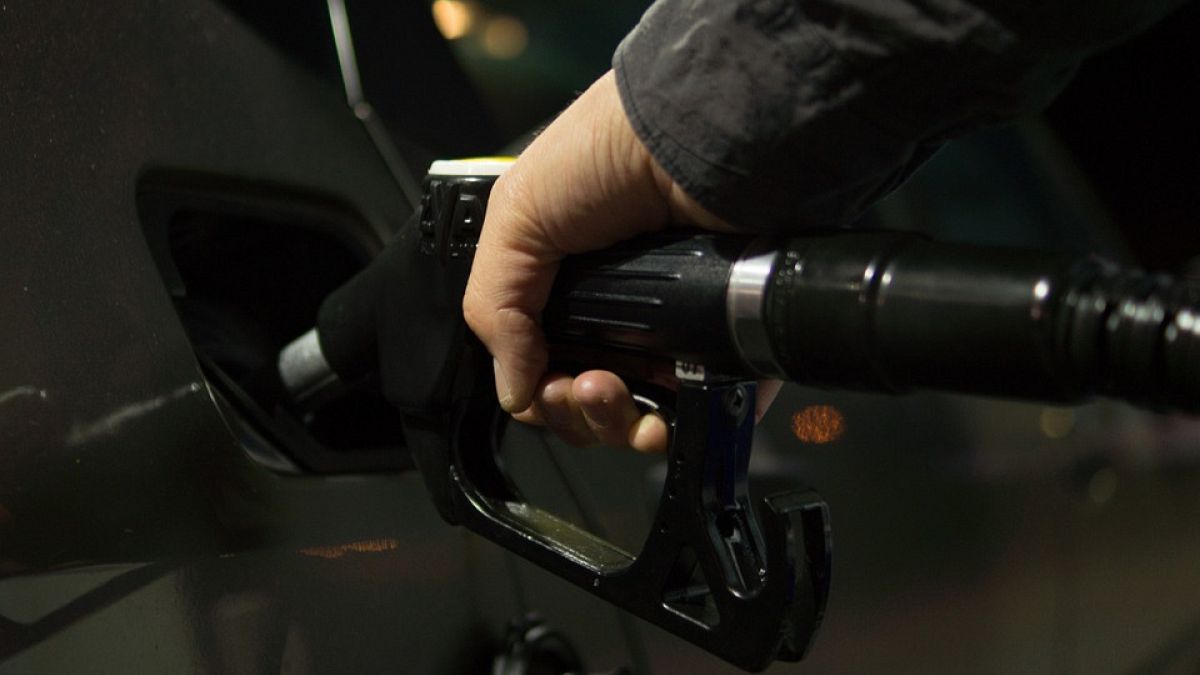A new report found that EU member states are introducing new fossil fuel subsidies and not providing plans to phase them out.
EU member states have said they want to limit tax cuts and investment in fossil fuel industries by 2020, and yet, they still provide billions of euros to these industries, a new study has found.
Experts from several climate change NGOs in Europe analysed EU member states' draft energy and climate plans. The draft plans are supposed to report information to the Commission on fossil fuel subsidies—defined as funding, regulating prices, providing tax breaks for or investing in fuels such as coal, oil, or natural gas.
The burning of these fuels has increased greenhouse gasses in the atmosphere and caused global climate change, the International Panel on Climate Change has said.
At least five EU countries are looking to introduce new funds or tax breaks for fossil fuel industries, the new study from the Climate Action Network Europe, Friends of the Earth Netherlands, and Overseas Development Institute found.
Another six EU member states claim in their draft energy plans that they don't have any funding or tax breaks for fossil fuels when in reality, the NGOs say, they do.
Ten EU countries did not include any information on these tax cuts and funding flows.
"As part of the G20, EU governments committed to ending fossil fuel subsidies back in 2009. Ten years later, as the world is in the midst of a climate crisis, EU governments continue to provide huge sums of taxpayers’ money to fossil fuels, the single biggest cause of climate change," said the study's lead author Laurie van der Burg, who is a climate and energy researcher at Friends of the Earth Netherlands.
The EU Commission estimated in January that fossil fuel subsidies had not decreased and that EU governments provided roughly €55 billion per year on these subsidies.
A lack of transparency and new subsidies
Among those countries that said they did not have fossil fuel subsidies is the United Kingdom that wrote in their draft energy plan that the energy subsidies section was "not applicable" to the country.
The EU Commission said earlier this year, however, that the annual average of subsidies from 2014–2016 was around €11.87 billion in the UK.
The UK's draft energy plan also included the introduction of new fossil fuel investments including billions of pounds for heavy goods vehicles and tax benefits for oil and gas exploration, the Climate Action Network in Europe, a coalition of 150 member organisations from 35 European countries said.
A spokesperson for the Department for Business, Energy and Industrial Strategy told Euronews that the UK does not "directly subsidise fossil fuels", adding: "we know that there is no more to do and legislating for net zero will help to drive further action."
The government is to release plans to tackle emissions from aviation, heat, energy, agriculture and transport within the coming months, the spokesperson also said.
Meanwhile, France "claims that no fossil fuel subsidies exist in the country, as the price of fossil fuels is increased through the use of a carbon tax," the NGOs said, but the European Commission put the annual average of fossil fuel subsidies in France from 2014-2016 at €7.51 billion.
In their energy draft plan, France explains that some sectors such as freight transport have reduced taxes to remain competitive internationally.
Germany included steps to reduce fossil fuel subsidies in its energy plan, and although they are transparent about the money flows, the country plans on introducing tax incentives to fund fossil gas until 2026, the NGOs said.
Poland did not include a section on energy subsidies but discusses subsidies for natural gas and gas projects. Natural gas is a fossil fuel, though it releases fewer emissions than coal or oil.
Preventing a transition to clean energy
The EU Commission has said that a transition to clean energy could be "hindered" if EU states "continue to provide fossil fuel subsidies".
EU countries committed to phasing out these subsidies as part of the G20 in 2009 and the Paris Agreement called for money flows to be consistent with lowering greenhouse gas emissions and "climate-resilient development."
A 2011 European Commission roadmap to a "resource-efficient Europe" set 2020 as a milestone for phasing out these subsidies.
Some member states have contributed to increased transparency on the issue, the new NGO study says, with some providing significant information on subsidies.
Italy wrote in its draft plan that of the €30.6 billion in subsidies provided to energy, €16.9 billion goes to fossil fuel.
But just nine of the 28 EU member states reiterate their commitment to end fossil fuel subsidies or undertake larger green fiscal reforms, the NGOs said.
A June 2019 study by the International Institute for Sustainable Development found that reallocating between 10 and 30% of the €334 billion spent on fossil fuel subsidies globally to renewable projects would help pay for a transition to clean energy.
The EU member states will have to submit final plans to the Commission by the end of the year.












